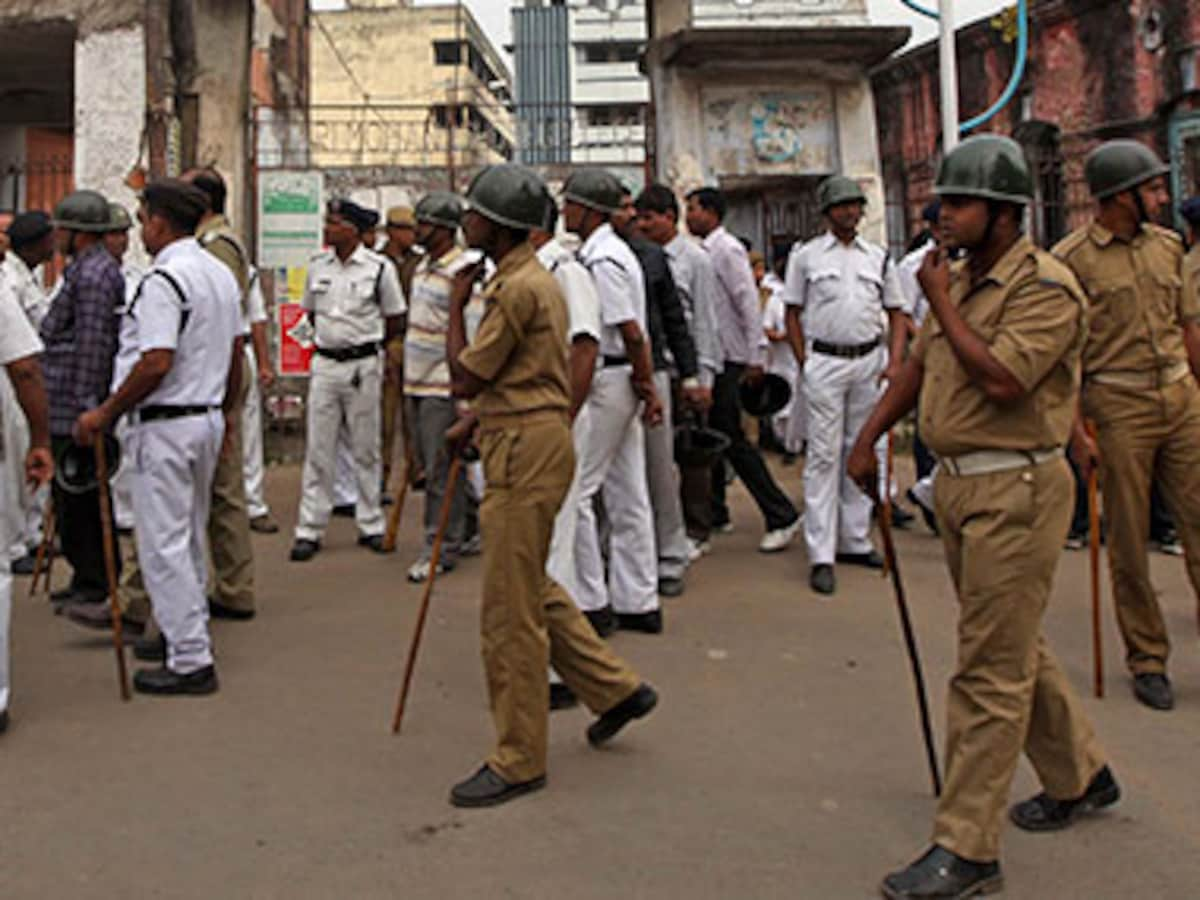Tragic Loss: Teenager’s Desperate Leap Amidst School Scolding

Tragic Loss: Teenager’s Desperate Leap Amidst School Scolding
In a heart-wrenching incident that has sent shockwaves through the city of Kolkata, a 16-year-old Class 10 student tragically lost his life on Monday. The young boy, whose identity is being withheld, reportedly took a fatal plunge from the rooftop of his school building, leaving the entire community in mourning. The incident unfolded in the backdrop of a dispute between the student, his teachers, and the relentless academic pressure that teenagers often face.
The sequence of events leading to this unfortunate tragedy began when the boy failed to complete a school project assigned by his teachers. It is alleged that two educators, in a moment of frustration, scolded the student for his failure to meet their expectations. The young boy, already grappling with the mounting pressure of academics, seemingly found himself overwhelmed by the humiliation and insult he perceived from this scolding.
Local authorities, responding swiftly to the incident, reported that the student climbed to the top of the school building, specifically the terrace, seemingly driven to escape the distress he was experiencing. The police officer overseeing the case stated, “The boy allegedly felt humiliated and insulted and went to the terrace and jumped.”

The incident has cast a shadow over the educational system’s role in safeguarding the emotional and mental well-being of its students. The tragic loss of this young life serves as a stark reminder of the need for a more holistic approach to education, one that prioritizes not only academic excellence but also the emotional and psychological welfare of students.
The grief-stricken parents of the deceased teenager, who are still struggling to come to terms with the loss of their son, have called for a thorough investigation into the circumstances that led to this tragedy. They argue that the school must be held accountable for its role in the events that unfolded.
The school in question, an English-medium institution that has long prided itself on being “child-friendly,” finds itself in the midst of a controversy that has raised important questions about the pressures faced by students, the role of educators, and the need for mental health support within educational institutions.
The incident has sparked a larger conversation about the emotional toll of academic expectations placed on young students, especially in the crucial Class 10 year. Parents, educators, and mental health professionals are now urging schools to adopt a more compassionate approach to education.

In response to the tragedy, local education authorities have pledged to conduct a comprehensive review of school policies and practices, with a particular focus on addressing the emotional well-being of students. This incident has prompted calls for mandatory mental health awareness programs in schools and a more empathetic approach towards students who may be struggling with the pressures of academics.
As the investigation into this heartbreaking incident continues, it serves as a somber reminder that the pursuit of academic excellence should never come at the cost of a young person’s mental and emotional well-being. The power to prevent such tragedies lies in fostering a nurturing and supportive educational environment that values the holistic development of each student.
In memory of the young life lost on that fateful day, our thoughts and prayers go out to the grieving family, and we hope that this tragedy will serve as a catalyst for positive change in our education system, ensuring that no student feels so overwhelmed that they see no way out but to take such a tragic step.

In the aftermath of this devastating incident, the community has come together to offer support and comfort to the grieving family. Vigils and memorial gatherings have sprung up across Kolkata, with people from all walks of life expressing their sorrow and solidarity. The tragedy has highlighted the importance of open dialogue about mental health issues among students, parents, and educators alike. It has become evident that the stigma surrounding mental health needs to be addressed head-on, and schools must play a pivotal role in this effort.
The heartbreak of losing a young life to the pressures of academic expectations underscores the need for comprehensive mental health resources within educational institutions. It’s a wakeup call for schools to prioritize the emotional and psychological well-being of their students. While academic achievements are undoubtedly important, they should never come at the cost of a student’s mental health. Schools must foster an environment where students feel safe discussing their anxieties and seeking help when needed, without the fear of judgment.
This tragedy also raises questions about the role of teachers and the support they receive in managing the challenges of modern education. Educators often bear the weight of preparing students for a competitive world, but they too require proper training and resources to handle the emotional aspects of their roles. Striking a balance between academic rigor and emotional support is essential to create an environment where students can thrive academically and emotionally.
In the midst of this sorrow, there is hope that this tragedy will serve as a catalyst for change. It is a stark reminder that we must prioritize the mental health of our students and work collectively to create a more compassionate educational system. As the investigation continues and conversations about mental health in schools gain momentum, there is an opportunity to transform our education system into one that not only imparts knowledge but also nurtures the hearts and minds of our future generations. It is a collective responsibility to ensure that no more young lives are lost to the crushing weight of academic pressures.




